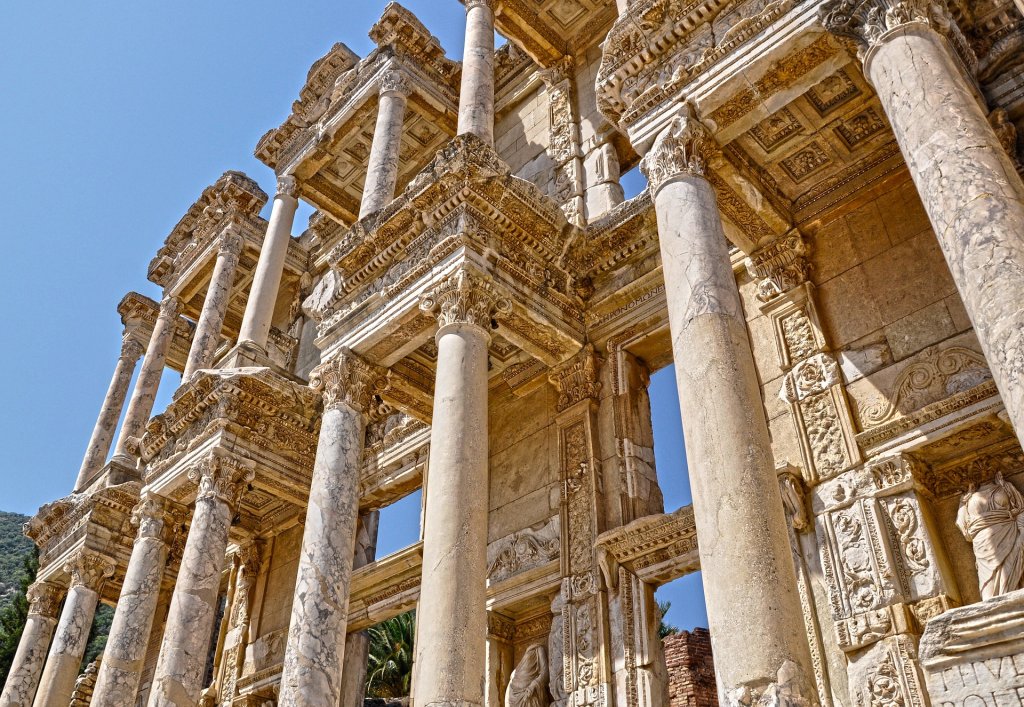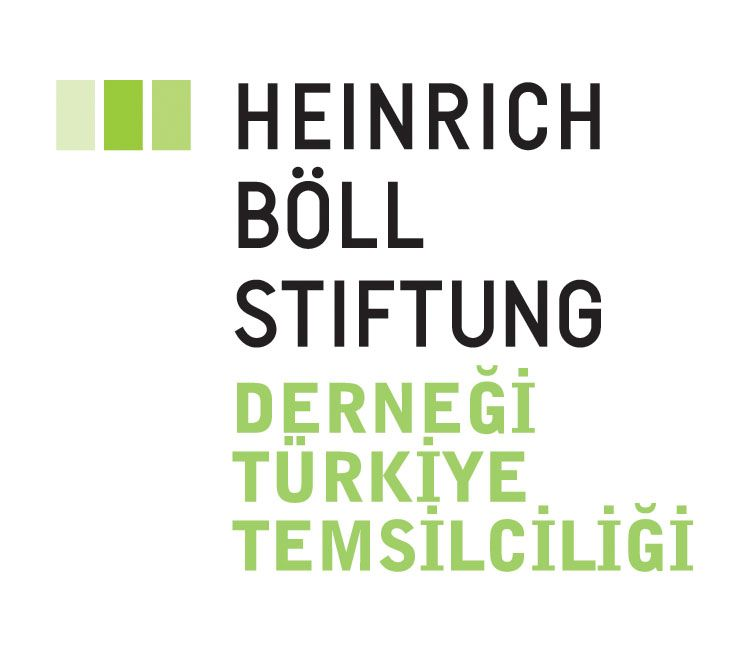
Turkey’s foreign policy-making process consists of a network of agencies, such as the President’s Office, the Ministry of Foreign Affairs [MFA], the Military, and the National Intelligence Service. The process centered around the President’s Office during the Single Party rule (1923-1946), and the president made decisions after deliberations with his close aides. In this framework, the duties of diplomats were confined to diplomatic activities. A senior diplomat had warned young diplomats in the 1940s that they should not dream of being an ambassador since such positions were reserved only for politicians. The parliament merely rubber-stamped the decisions coming from the president’s office only if parliament ratification is required.
During the Cold War years, Turkey’s foreign policy-making process underwent a substantial transformation due to several factors: Some of the factors originated from changing power relations within the country, and others were contingent upon ebbs and flows in relations between the superpowers. After the introduction of multi-party politics in 1946, MFA and the Military gained supremacy over the President. The presence of opposition parties in the parliament and their mouthpieces in the media led to the enlargement of the social base of politics. It, therefore, increased the politicization of foreign policy issues. After Democrat Party [DP] came to power in 1950, politicization gained traction. In the early years of its rule, the DP’s foreign policy decisions resonated with its strategies to hold on to power. To meet strong opposition at home, the DP administration aimed to gather support abroad, cultivating close relations with the U.S. Seeing it as a window of opportunity to improve its image in Washington, D.C., the DP administration did not hesitate to join the Korean War. In doing so, the DP leaders declined to inform the opposition and ignored the constitutional conditions required to deploy troops abroad.
With the launch of the economic assistance schemes with the U.S. during the 1950s, economic issues came to the fore and became one of the central preoccupations of the ministry. Beyond its conventional duties, the ministry assumed new powers to deal with economic cooperation programs with other countries and gained the position of primus inter pares among ministries. For instance, the Organization for International Economic Cooperation, founded in 1949 to coordinate the Marshall Aid and functioning within the Prime Minister’s Office, was transferred to the MFA in 1952. The ministry was involved in decision-making on foreign exchange rates or negotiations to prepare development plans in early 1960.
As an influential diplomat and Foreign Minister after 1957, Fatin Rüştü Zorlu played a vital role in the empowerment of the Ministry. However, the MFA received a heavy blow after the military coup in 1960, losing its status as the leading institution of the DP administration. The MFA’s powers to negotiate economic issues with other countries were transferred to the Ministry of Finance almost immediately after the coup through “The Law on the Regulation of International Economic and Financial Relations”. Furthermore, Foreign Minister Zorlu was among the three leading politicians the Junta executed.
Although the Ministry never recuperated the powers it lost, it began to regain its former position when the crisis broke out in Cyprus in 1964. During the perpetual crises on the island ending with Turkey’s eventual military intervention in 1974, the MFA gradually recovered its position as the leading ministry. In these crises, the military and the MFA had to work in tandem and eventually forged an alignment. To depoliticize the foreign policy-making process, juntas preferred to appoint seasoned diplomats -Selim Sarper, Feridun Cemal Erkin, Osman Olcay, Halûk Bayülken, İlter Türkmen- as foreign ministers during the years (1960-1965, 1971-1973, 1980-1983) each time military seized power.
For four decades after the coup in 1960, the military continuously increased its influence over the foreign policy-making process through legal and institutional arrangements and interferences in daily politics. The military empowered itself through the installation of the National Security Council as a constitutional organ to oversee the government’s policies in 1960, the enlargement of its legal capacities in the 1971 and 1980 coups, and the instrumentalization of national security as a blanket concept to justify limitations on fundamental political rights and freedoms. Thanks to such legal and institutional arrangements, the military’s influence over foreign policy continued even after the end of the Cold War, securing the military’s strong position over issues such as the question of Cyprus, which the military defined as a matter of national security.
In the post-Cold War era, rapid globalization repositioned the MFA in policymaking. Turkey’s export-oriented development policies led to the empowerment of new agencies and a new institutional framework. Coined as a “trading state”, Turkey’s new priorities required the MFA to explore additional export markets. This gradually changed how the ministry functioned and led to the decline of the relative significance of various issues that the military qualified as national security matters.
At the beginning of the 2000s, the policy-making process turned out to be an area of turf fights between the military and the AKP governments. In an effort to hold on to power, the first AKP government was involved in a tug-of-war with the military to exert influence in making decisions over issues such as the question or relations with the Kurds of Iraq. The struggle between the two also involved power sharing within the state. The AKP eagerly implemented legal arrangements in compliance with the EU’s harmonization packages, entailing demilitarization of the foreign policy-making process. This transformation also led to the distorted the alignment between the military and the MFA.
After the military’s powers were crippled, AKP began to shape the foreign policy-making process in line with its strategies to consolidate its position of power. With the installation of the Presidential Government System in 2018, the Office of the Presidency became the center of gravity in the foreign policy-making process. Sidelining the MFA and the military, the new configuration is geared to implement similar political practices distinctive to the foreign policy-making process of the single-party rule.

Prof. Dr. Gencer Özcan, İstanbul Bilgi Üniversitesi
Prof. Dr. Gencer Özcan completed his undergraduate education at Ankara University, Faculty of Political Sciences, and his graduate education at Boğaziçi University. He previously worked at Marmara University, Department of International Relations and Yıldız Technical University, Department of Political Science and International Relations. He has been working in the Department of International Relations at Istanbul Bilgi University since 2009. His fields of study include Political History, Turkish Foreign Policy, Turkey’s relations with the Middle East, national security and decision-making processes in foreign policy in Turkey. His lectures include Political History, Turkish Foreign Policy and Modern Middle East History.
To cite this work: Gencer Özcan, “Turkey’s Foreign Policy-Making Process”, Panorama, Online, 12 May 2023, https://www.uikpanorama.com/blog/2023/05/12/go/

This article has been prepared with the support provided to the International Relations Council and the Global Academy by the Heinrich Böll Stiftung Association Turkey Representative within the scope of the project titled ‘Foreign Policy for the 21st Century; Peaceful, Equitable, and Dynamic Turkey’.
Copyright@UIKPanorama. All on-line and print rights reserved. Opinions expressed in works published by the Panorama belongs to the authors alone unless otherwise stated, and do not imply endorsement by the IRCT, Global Academy, or the Editors/Editorial Board of Panorama.

